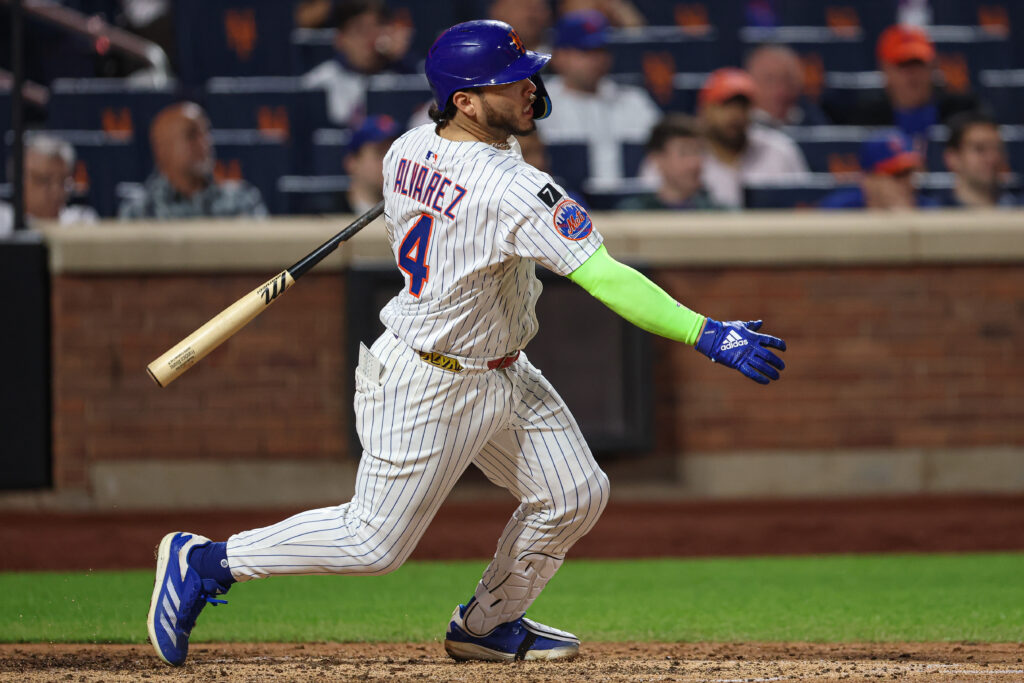Another day, another hold-in ends. Like they all do. Like they all will.
That’s the biggest problem with a hold-in. Yes, the player avoids the daily training-camp fines, which for many players can’t be waived by the team. At some point, however, it’s time to go to work.
That’s the reality of being under contract. The contract eventually will be honored, by preparing for and playing in games.
While a player who cites an injury (real, embellished, or fabricated) can milk the absence into the regular season, Steelers defensive lineman Cameron Heyward didn’t claim to be injured. He wasn’t practicing because, as he explained it to reporters, he’s looking for his contract to be addressed.
“When I signed [last year], I told them, you know, when I have an All-Pro year, expect me to come back,” Heyward said last week. “I think everybody giggled a little bit, but in my head, I used it as motivation.”
They giggled, perhaps because he had just signed a three-year contractual commitment. They giggled, perhaps because they knew that, even though he vowed to come back after he has an All-Pro year (which happened), there was nothing in the deal that required them to give him another penny. No incentives. No escalators. Nothing.
That’s the difference between Heyward and a player like Cowboys linebacker Micah Parsons. Parsons signed a slotted, non-negotiable deal as the 12th overall pick in the 2021 draft. The Cowboys had the right under the Collective Bargaining Agreement to exercise a fifth-year option, at a predetermined salary. Parsons negotiated, as it relates to his total pay, nothing.
Heyward, as a long-time veteran, negotiated and signed a new contract less than a year ago. He could have allowed his contract to expire. While riding first-team All-Pro distinction, he could have gotten more, from the Steelers or from another team.
He took the bird in the hand, with no promise of two in the bush. Or anything else.
The hold-in hadn’t gotten him a revised deal. At some point, it was time to get ready for Week 1.
That time isn’t a few days before the regular-season opener. The player needs to be ready to play. For Heyward, the moment arrived today, with roughly three weeks to prepare.
The Steelers could still decide to change his contract. They’re not required to. And we’ll find out soon whether it happens. The Steelers have a longstanding rule of not doing contracts once the season begins.
Regardless of whether a new deal happens, the hold-in was always going to end. They all do.
Except when the player, like Parsons, is practicing not in a stated effort to get a new deal, but because he is injured. Or, as the case may be, “injured.”

